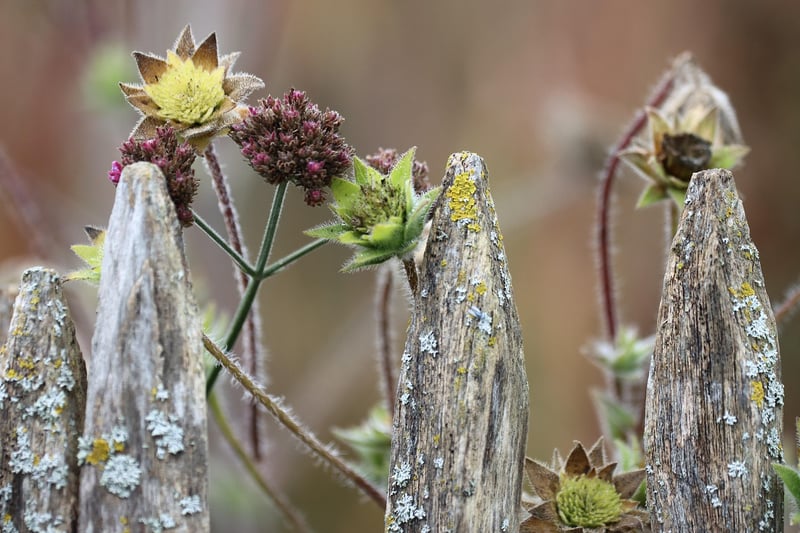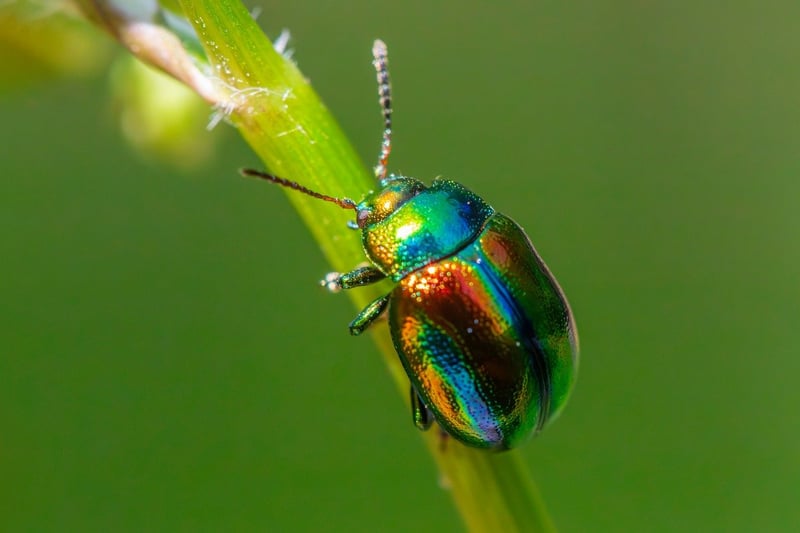Pest control methods
Keep Your Garden Thriving: Pest Control Methods
Welcome to our guide on keeping your garden healthy and vibrant by effectively managing pests. A beautiful garden can be a source of joy and relaxation, but dealing with pests can be a real challenge. By implementing the right pest control methods, you can protect your plants and ensure they thrive. Let's explore some effective strategies to maintain a pest-free garden.
1. Identify Common Garden Pests
Before you can effectively control pests in your garden, it's essential to identify the common culprits. Some of the most common garden pests include aphids, slugs, snails, caterpillars, and beetles. By recognizing these pests, you can take appropriate action to manage them.
2. Natural Pest Control Methods
One of the best ways to control pests in your garden is by using natural methods that are safe for your plants, pets, and the environment. Some effective natural pest control methods include:
- Companion Planting: Planting certain flowers and herbs alongside your vegetables can help repel pests.
- Beneficial Insects: Introduce beneficial insects like ladybugs and lacewings that feed on garden pests.
- Neem Oil: Use neem oil, a natural insecticide, to control a variety of garden pests.
- Diatomaceous Earth: Sprinkle food-grade diatomaceous earth around plants to deter pests like slugs and snails.
3. Organic Pest Control Products
If natural methods alone are not sufficient to control pests in your garden, you can consider using organic pest control products. These products are derived from natural sources and are less harmful to beneficial insects and the environment compared to synthetic pesticides.
4. Regular Monitoring and Maintenance
Regularly inspect your plants for signs of pest infestation, such as holes in leaves, chewed stems, or yellowing foliage. Early detection allows you to take action promptly and prevent pests from causing extensive damage to your garden.
5. Proper Watering and Fertilization
Keeping your plants healthy and well-nourished is vital in preventing pest infestations. Ensure your plants receive adequate water and nutrients, as stressed or weakened plants are more susceptible to pest attacks.
Conclusion
By implementing a combination of natural pest control methods, organic products, regular monitoring, and proper plant care, you can effectively manage pests in your garden and promote a thriving ecosystem. Remember that a healthy garden is a result of proactive care and attention to detail.
Happy gardening!

For more information on pest control and gardening tips, visit Royal Horticultural Society.
